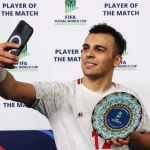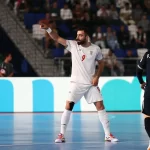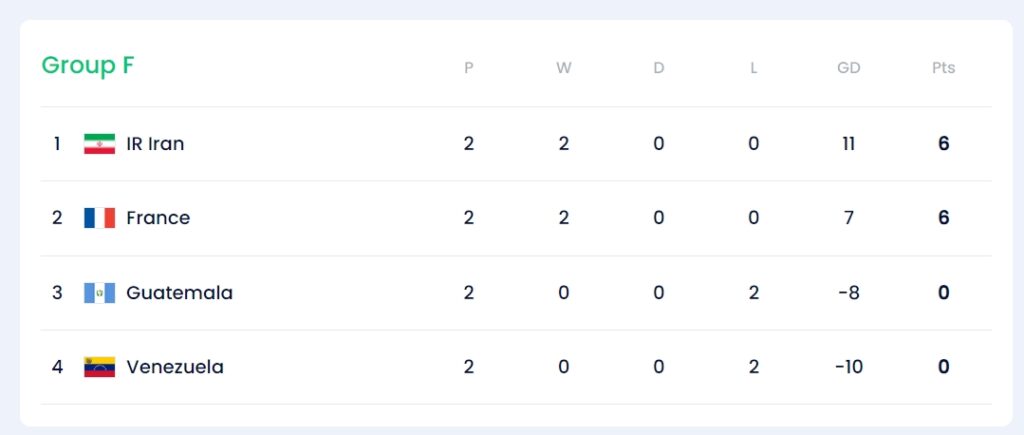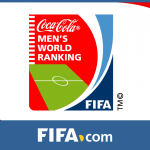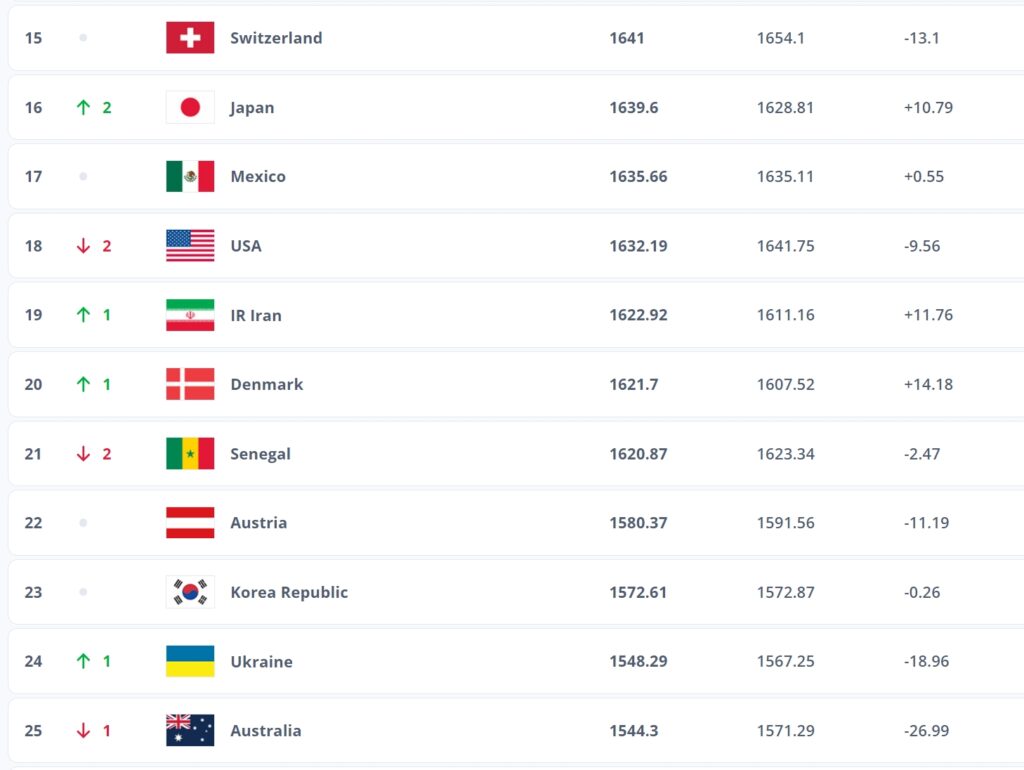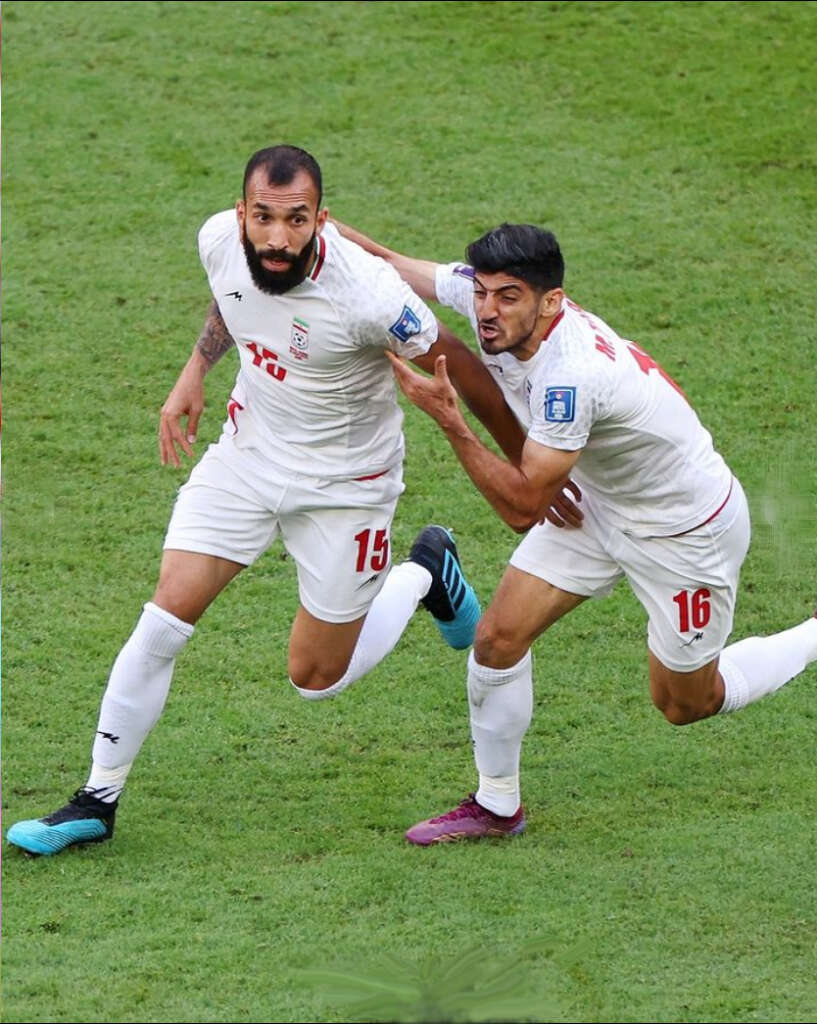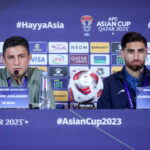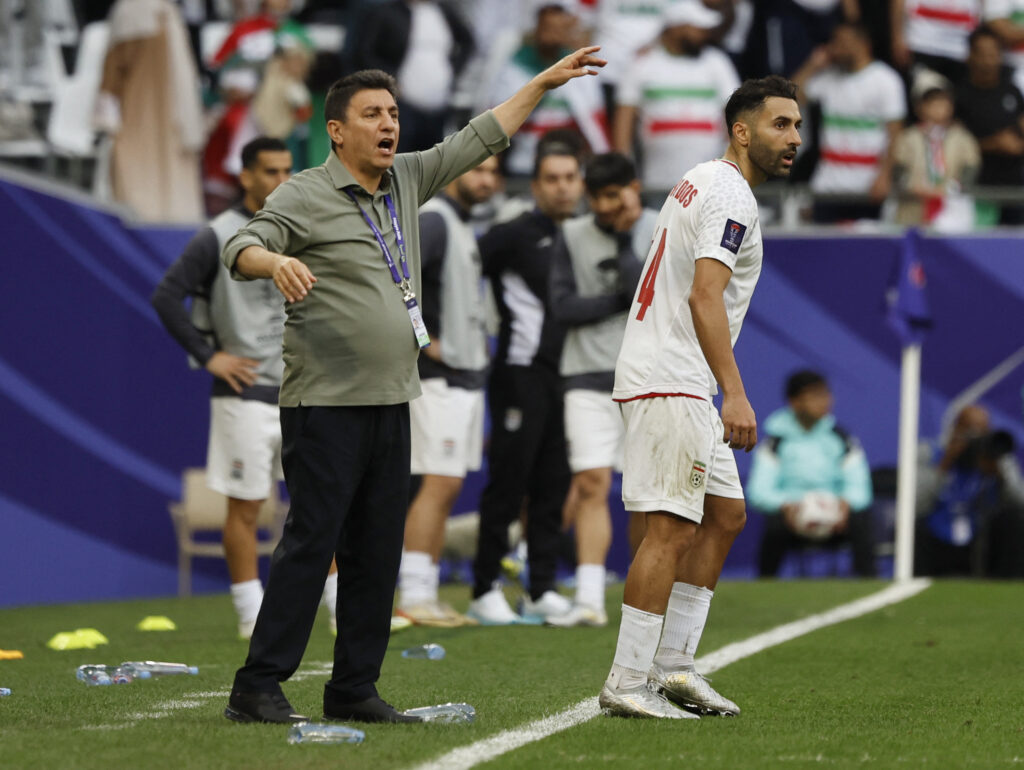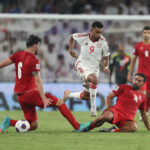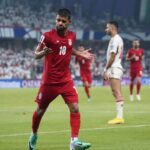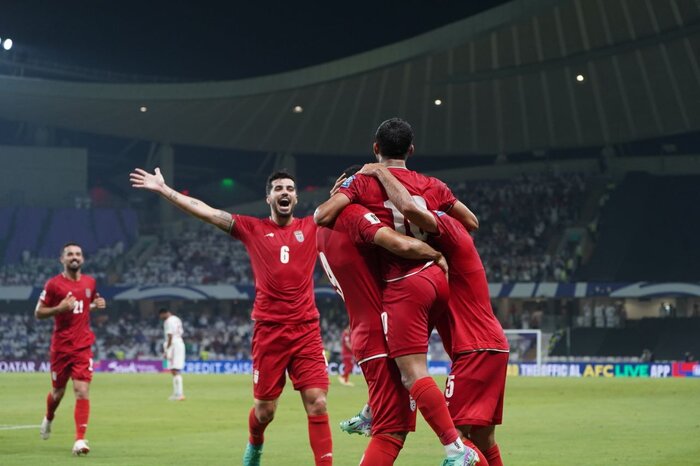Salar Aghapour, Futsal Team Melli player, formerly with Palma futsal team player, has been recently named the world’s best young player by Futsal Planet, the most prestigious futsal media outlet globally. This marks the first time in history that an Iranian has achieved this honor, highlighting Aghapour’s exceptional talent and dedication to the sport.
Aghapour led Palma to victory in the UEFA Futsal Champions League this season, showcasing his remarkable skills and leadership on the court. His contributions were pivotal in securing the championship, and his performance did not go unnoticed. Additionally, he played a crucial role in helping the Iranian national team reach the top of Asia, further cementing his status as a rising star in the futsal world.
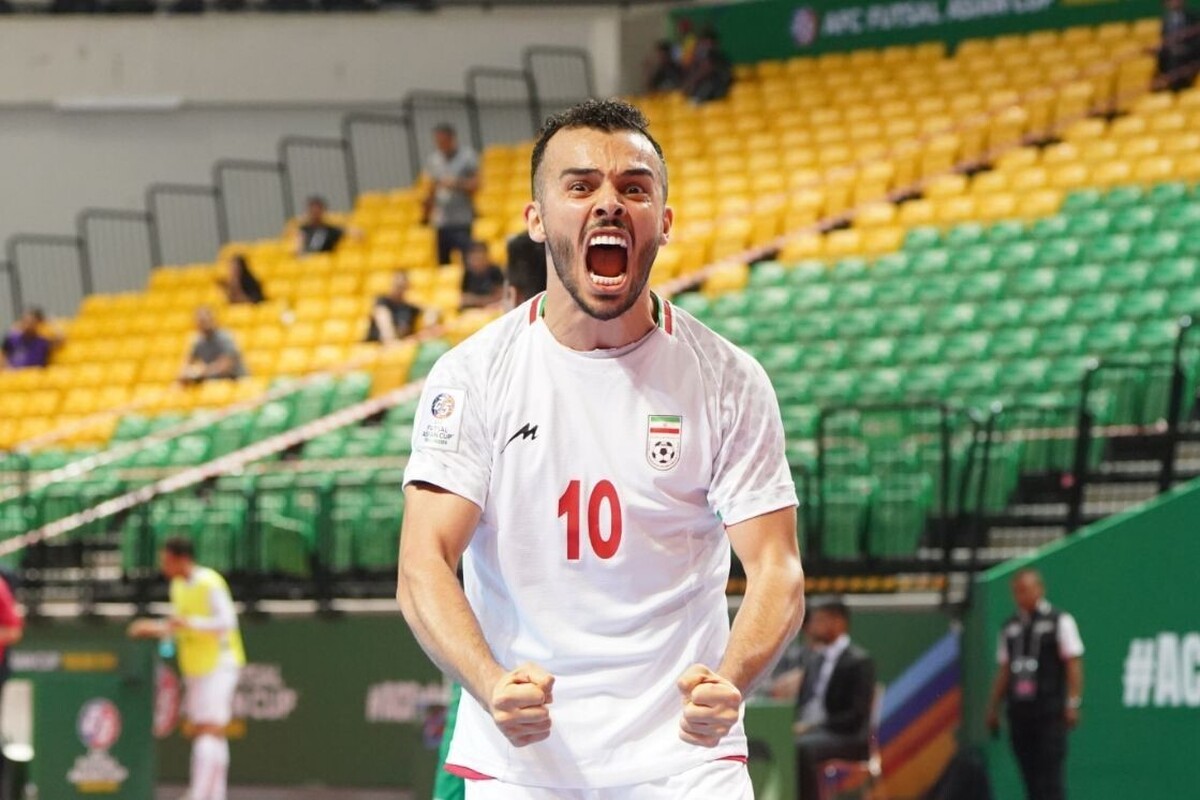
At just 24 years old, the Gohar Zamin player has already made a significant impact in the FIFA Futsal World Cup Uzbekistan 2024, scoring four goals in two matches. It is not just the quantity of goals that stands out, but also the quality and skill with which he scores them. Each goal is a testament to his world-class ability, often leaving spectators in awe of their spectacular nature.
Aghapour’s skills are not limited to scoring. He is arguably the best ball distributor for Team Melli, consistently setting up his teammates with precise passes. His dribbling is also second to none, allowing him to navigate through defenses with ease. Despite being surrounded by more experienced players, Aghapour’s cool temperament and pace make him a standout performer.
His ability to remain composed under pressure and his quick decision-making on the court are qualities that set him apart from his peers. These attributes, combined with his technical prowess, suggest that Aghapour is on a path to join the elite ranks in the world of futsal. His journey is a source of inspiration for many young athletes in Iran and around the globe.
As Aghapour continues to develop and refine his game, the future looks incredibly bright for this young star. Fans and analysts alike are eager to see how he will continue to shape the future of futsal and bring further glory to his teams.

